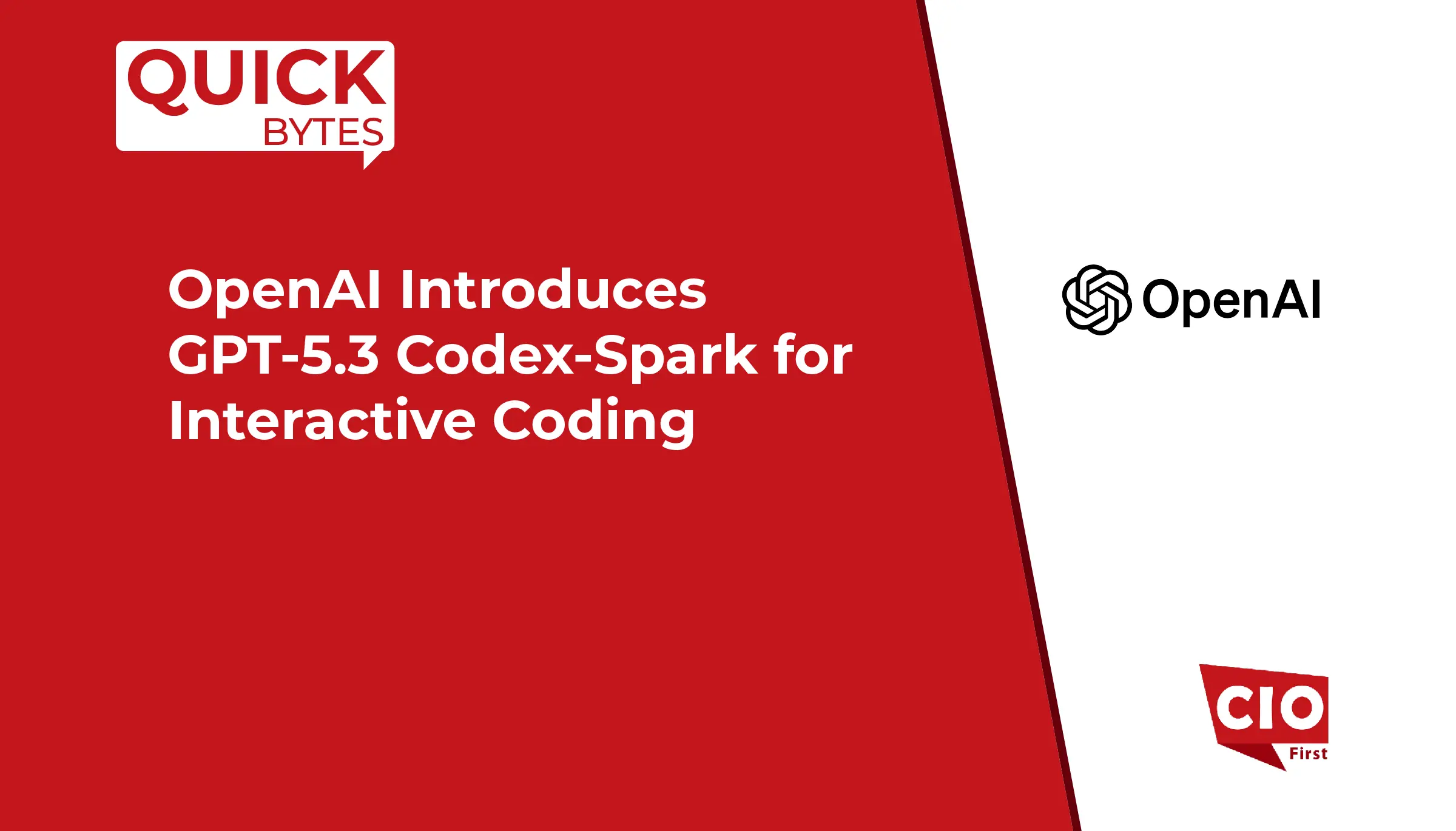NVIDIA launched a cloud service that allows researchers and developers to push the boundaries of quantum computing exploration in key scientific domains, including chemistry, biology and materials science.
NVIDIA Quantum Cloud is based on the company’s open-source CUDA-Q quantum computing platform, which is used by three-quarters of the companies deploying quantum processing units, or QPUs. As a microservice, it lets users for the first time build and test in the cloud new quantum algorithms and applications — including powerful simulators and tools for hybrid quantum-classical programming.
“Quantum computing presents the next revolutionary frontier of computing and it’s going to require the world’s most brilliant minds to bring this future one step closer,” said Tim Costa, director of HPC and quantum computing at NVIDIA. “NVIDIA Quantum Cloud breaks down the barriers to explore this transformative technology and lets every scientist in the world harness the power of quantum computing and bring their ideas closer to reality.”
Also Read: Intezer Launches New MSSP Offering for AI-Powered Autonomous SOC Platform
Quantum Cloud features powerful capabilities and third-party software integrations to accelerate scientific exploration, including:
- The Generative Quantum Eigensolver, developed in a collaboration with the University of Toronto, leverages large language models (LLMs) to enable a quantum computer to find the ground-state energy of a molecule more quickly.
- Classiq’s integration with CUDA-Q allows quantum researchers to generate large, sophisticated quantum programs, as well as to deeply analyze and execute quantum circuits.
- QC Ware Promethium tackles complex quantum chemistry problems such as molecular simulation.
Adoption by Quantum Ecosystem
NVIDIA has more than 160 partners in its quantum computing ecosystem. Leading cloud service providers are integrating Quantum Cloud into their offerings, including Google Cloud, Microsoft Azure and Oracle Cloud Infrastructure, as are many leading quantum companies, such as IQM Quantum Computers, OQC, ORCA Computing, qBraid and Quantinuum.
SOURCE: GlobeNewswire


























